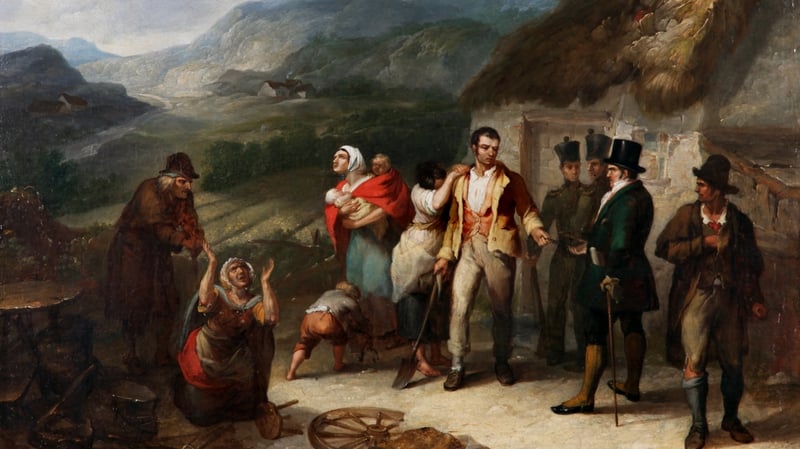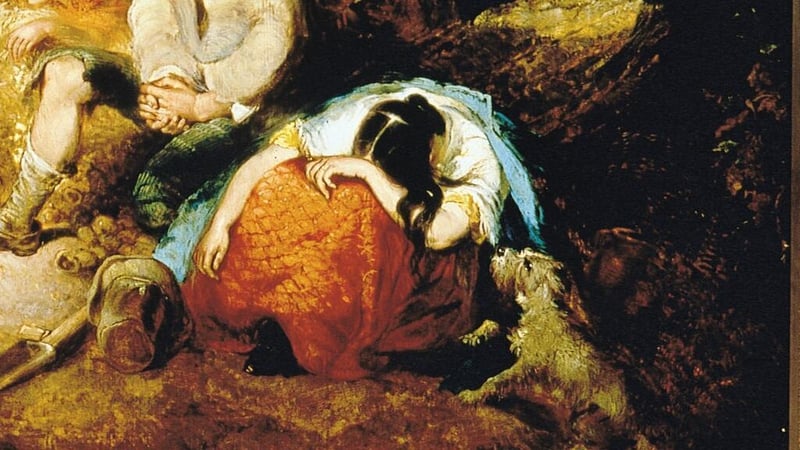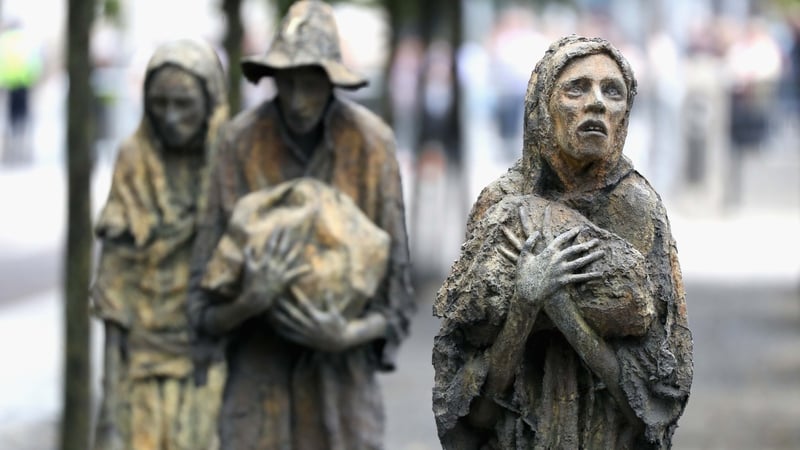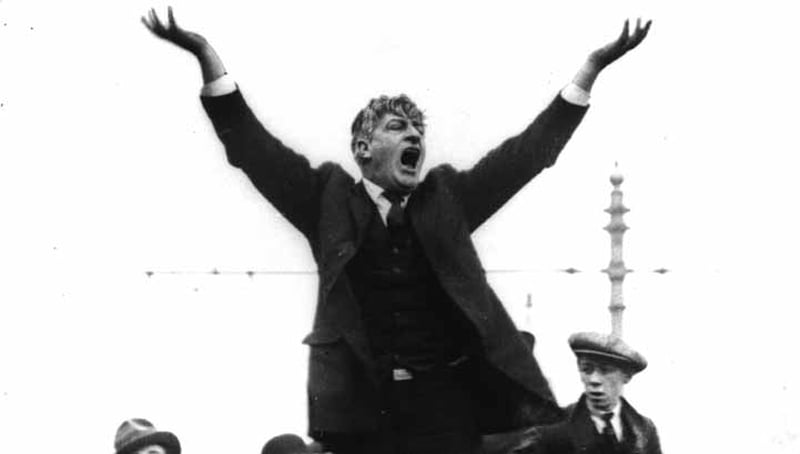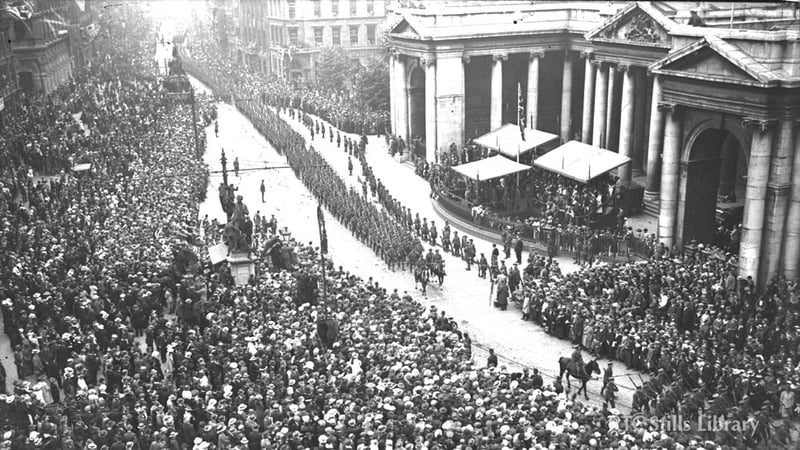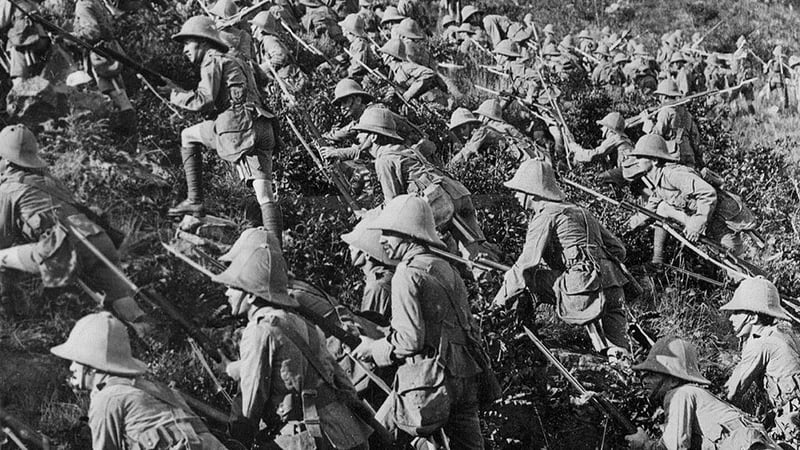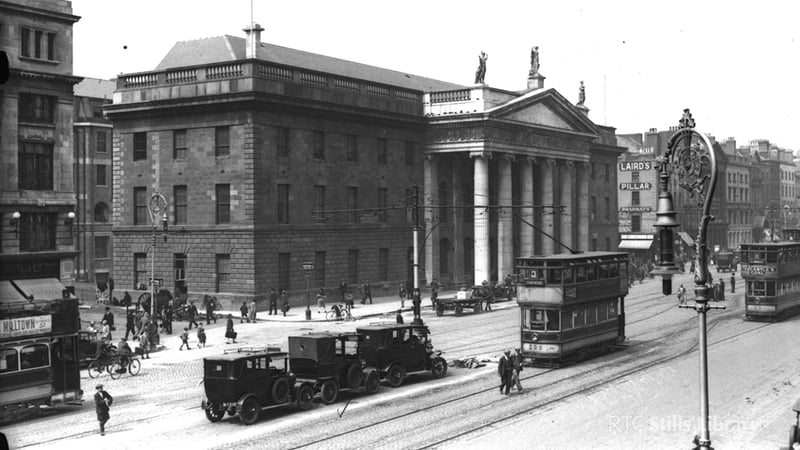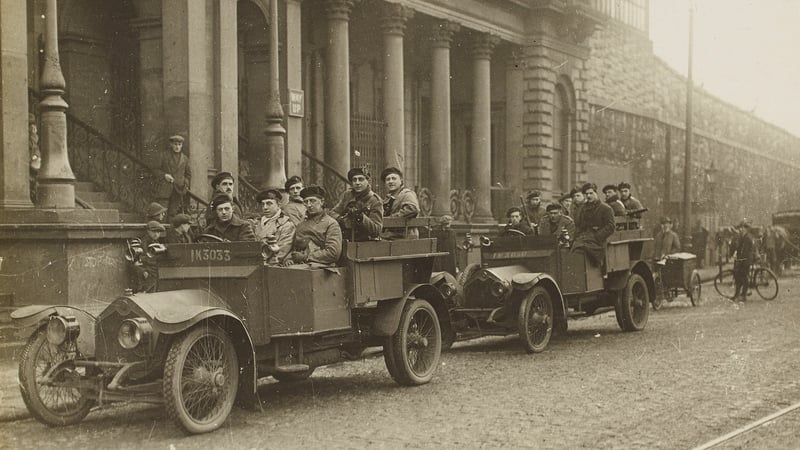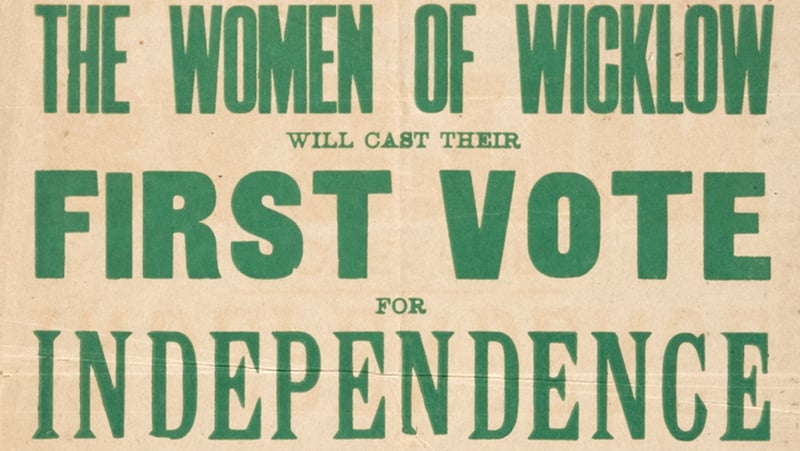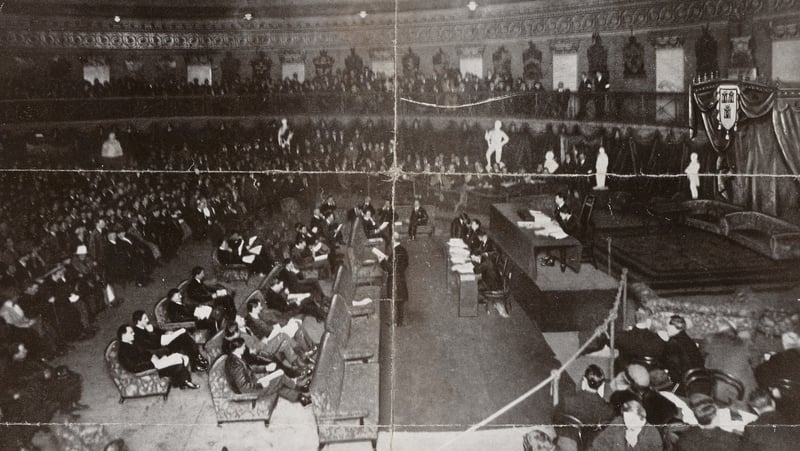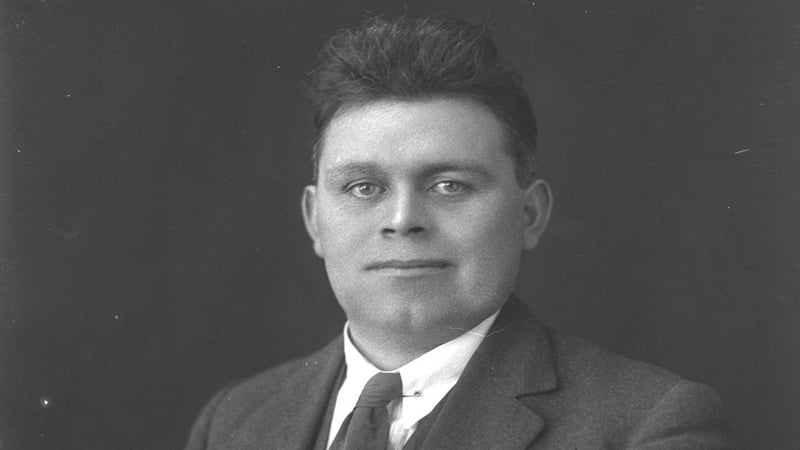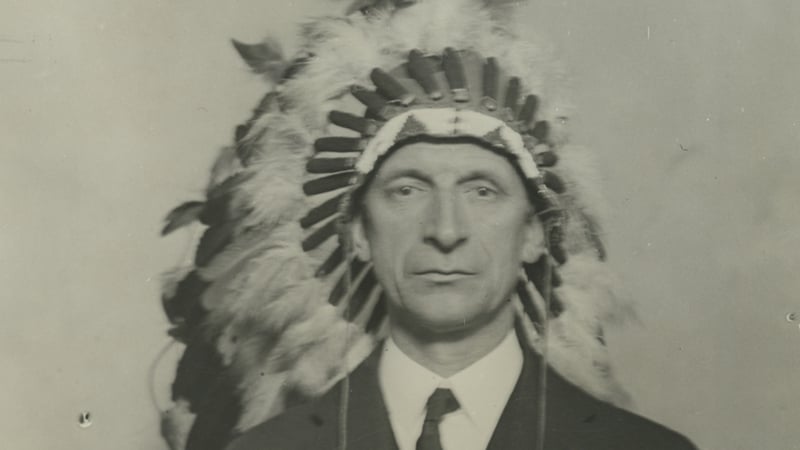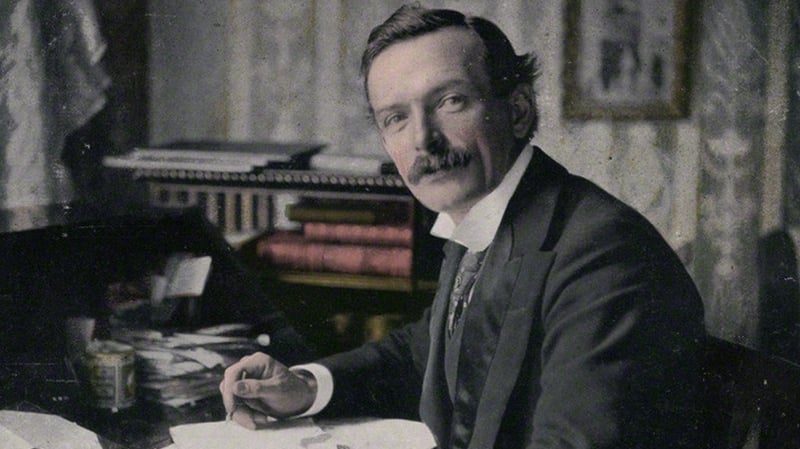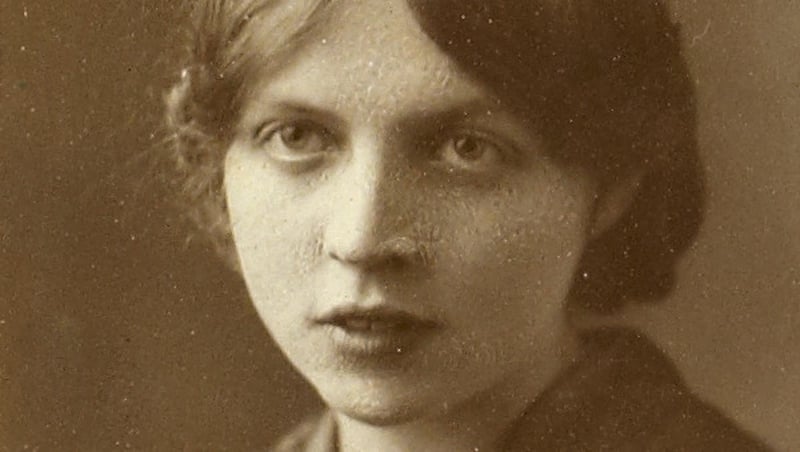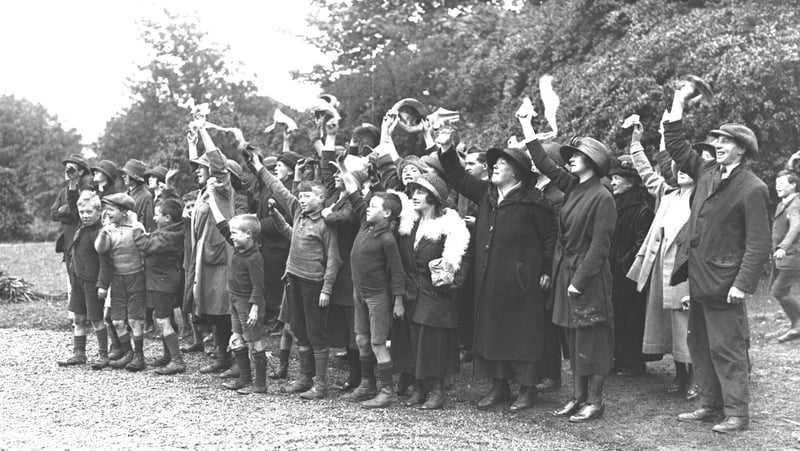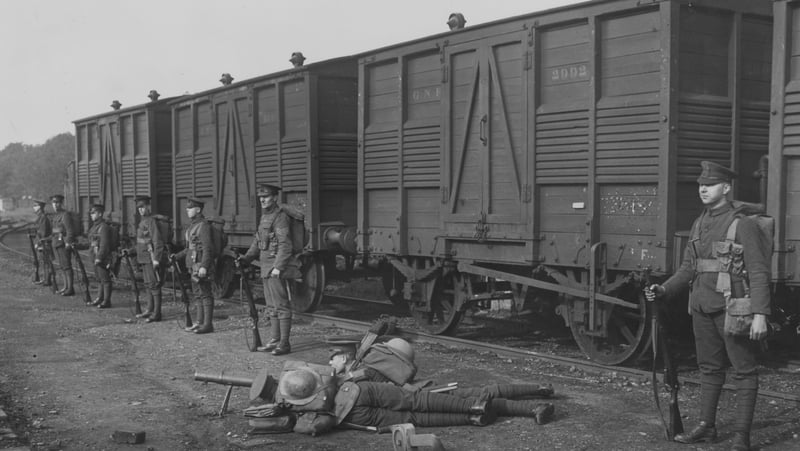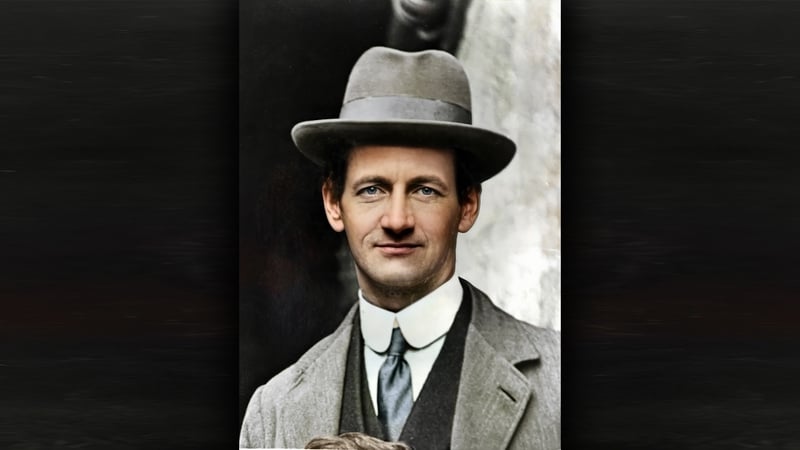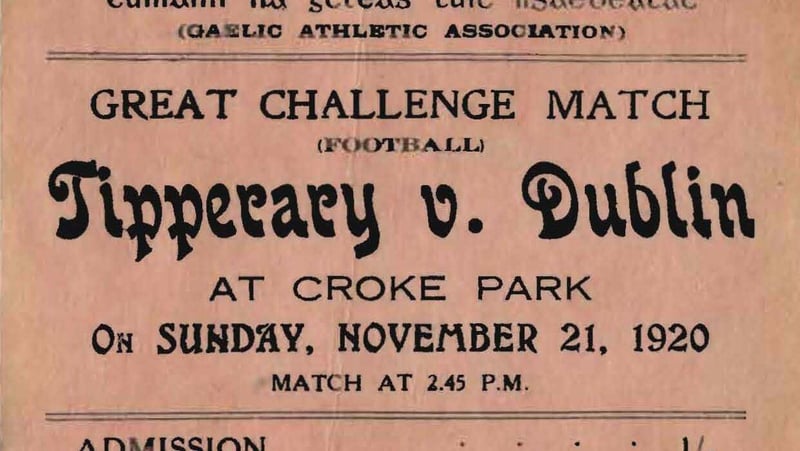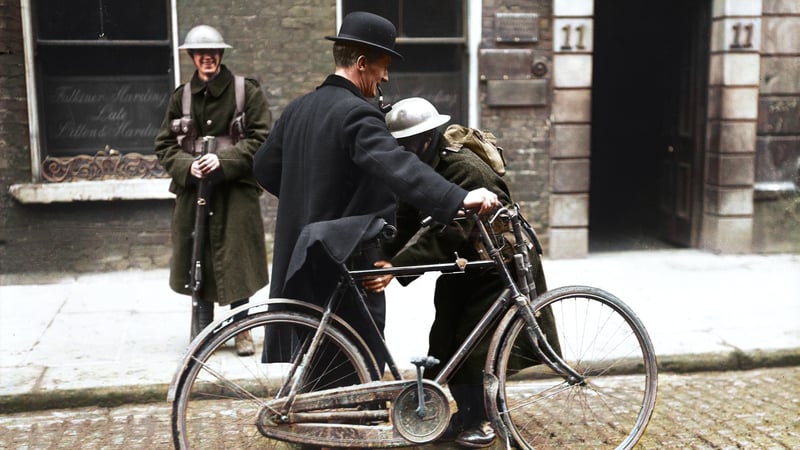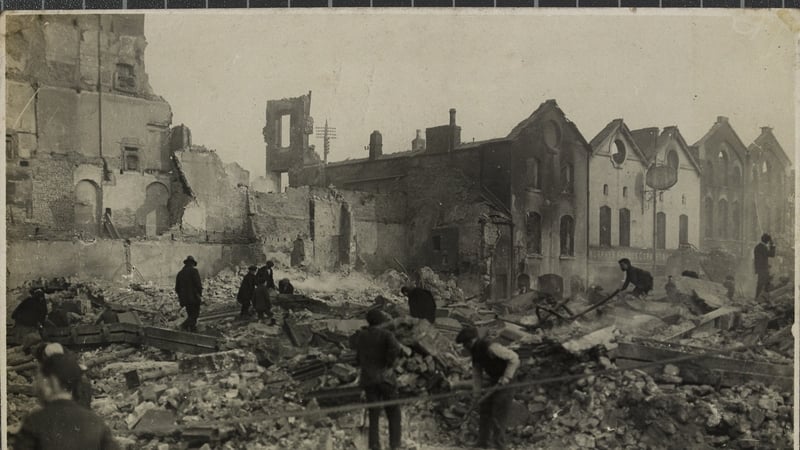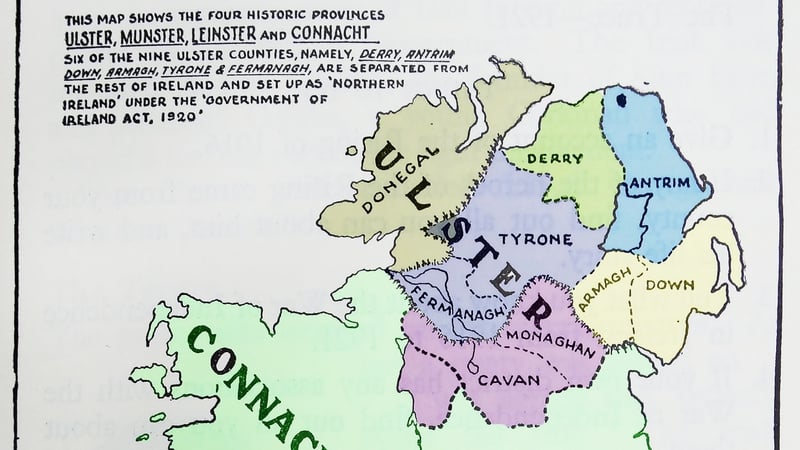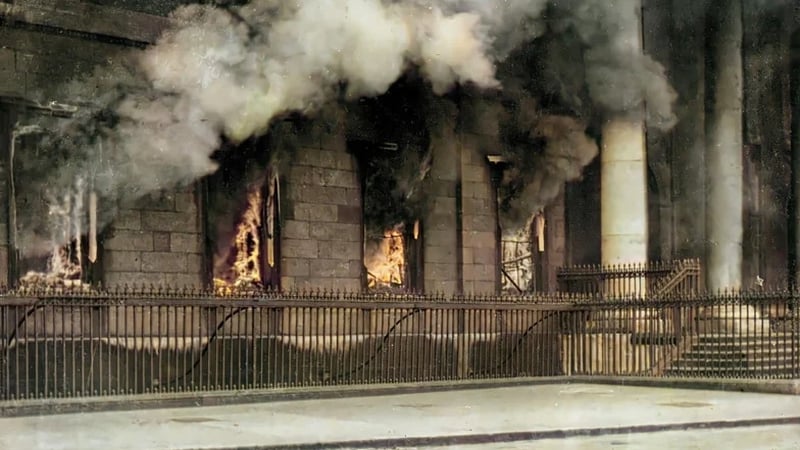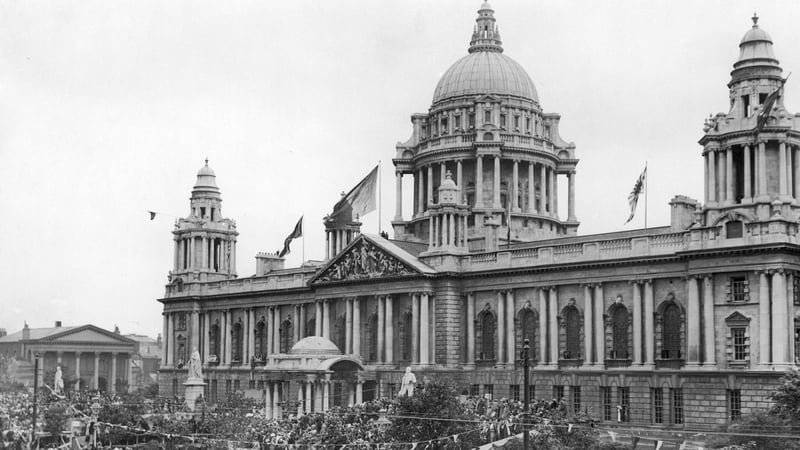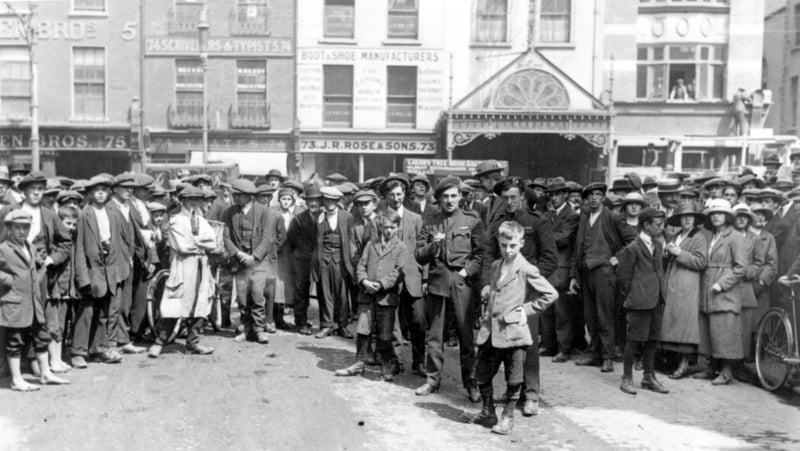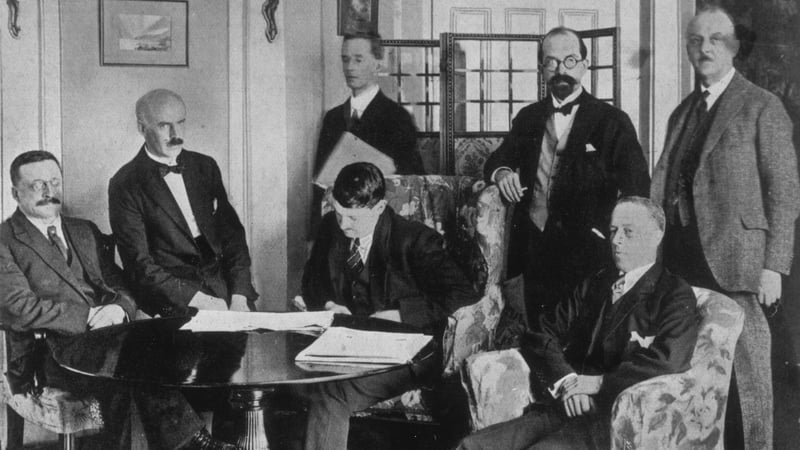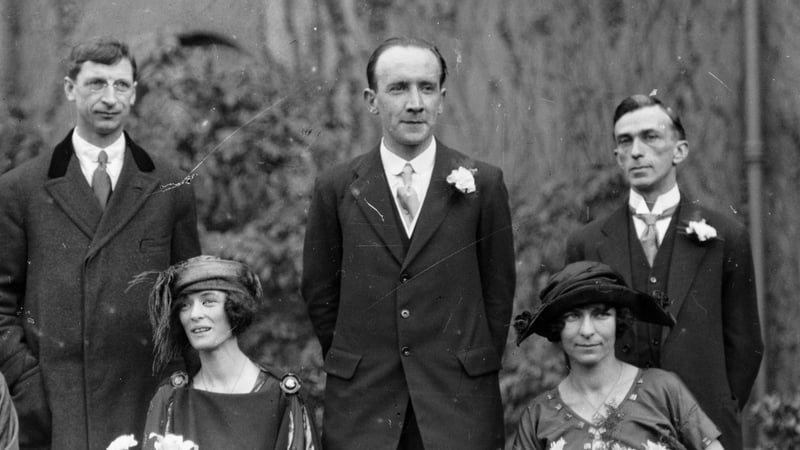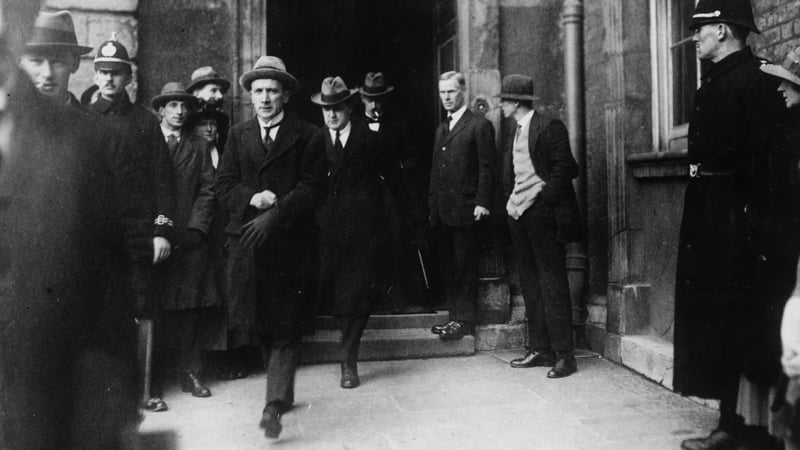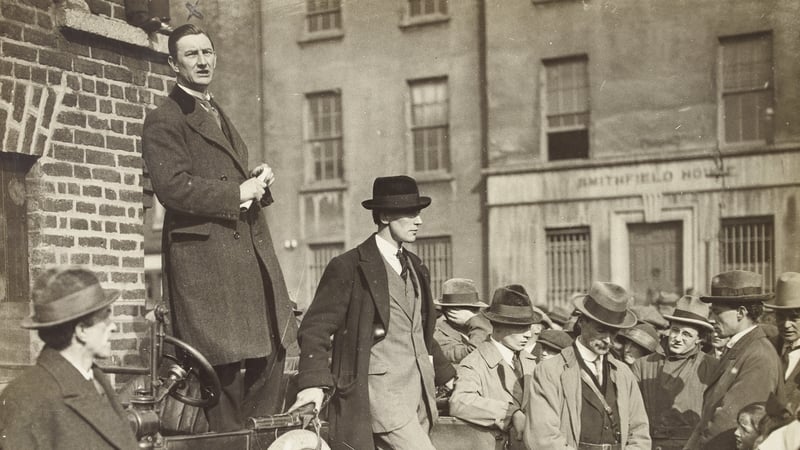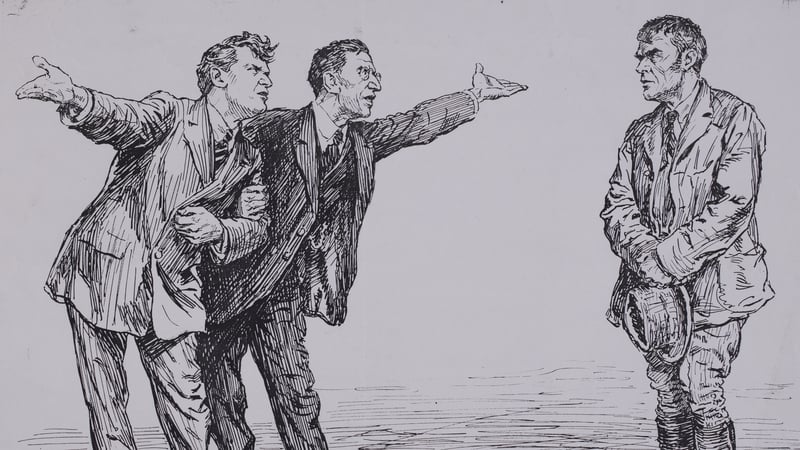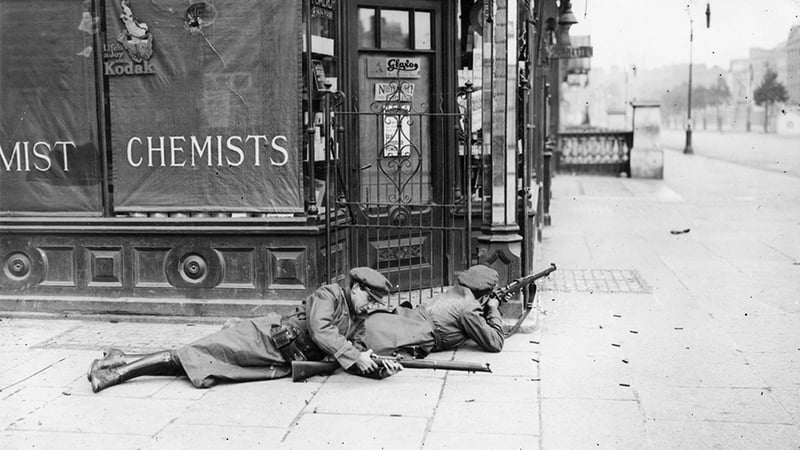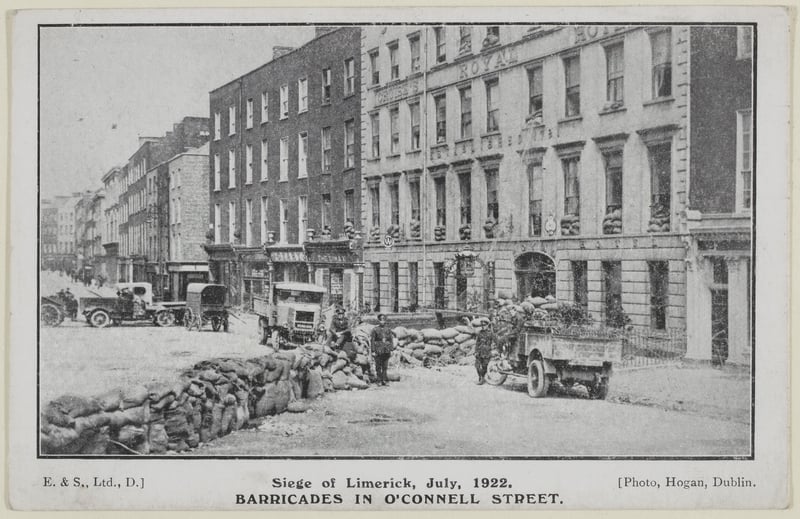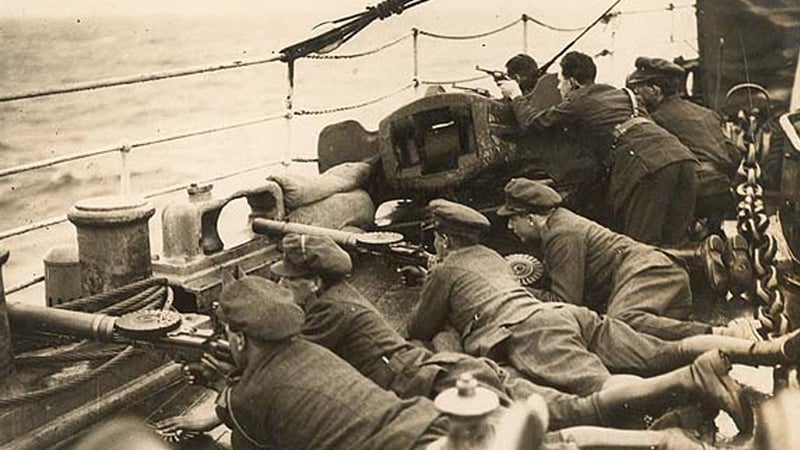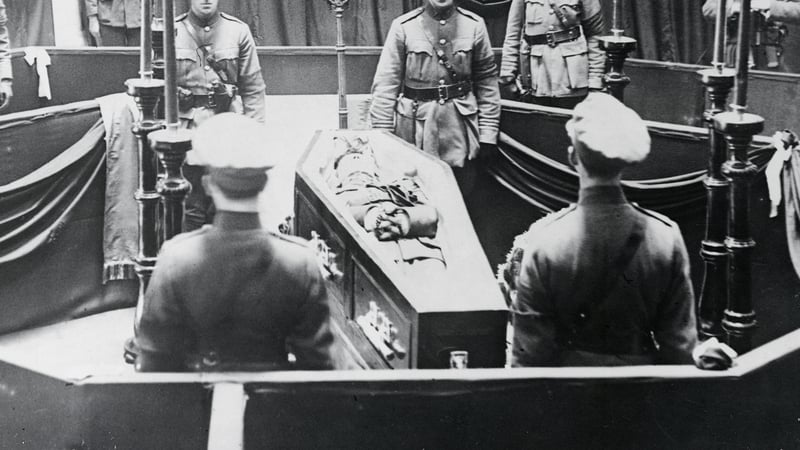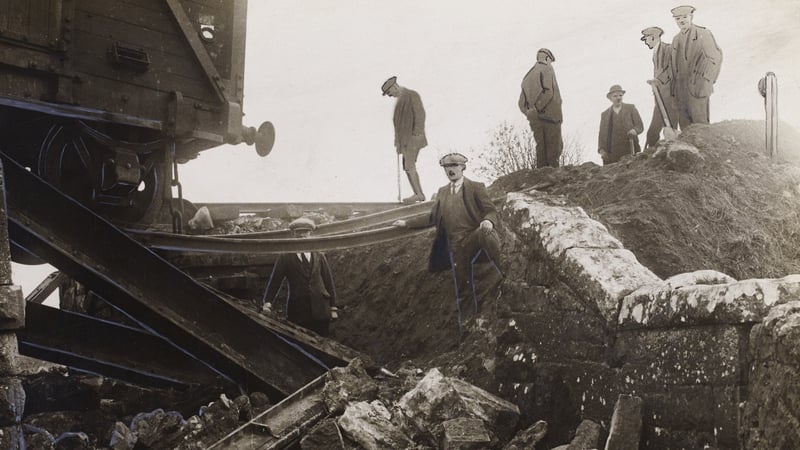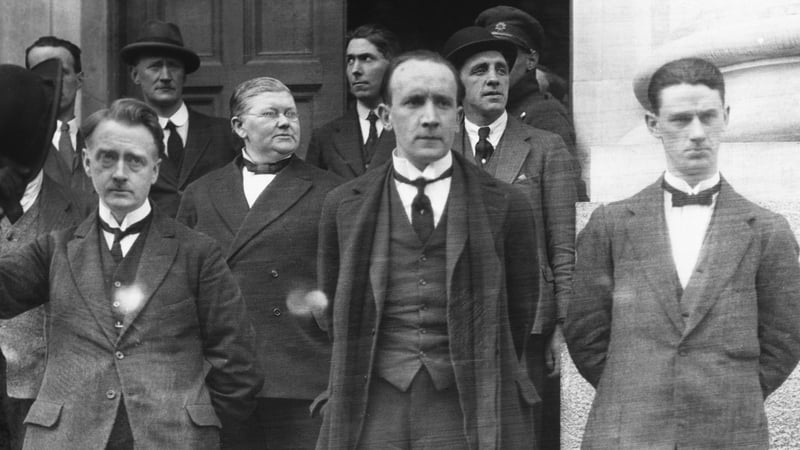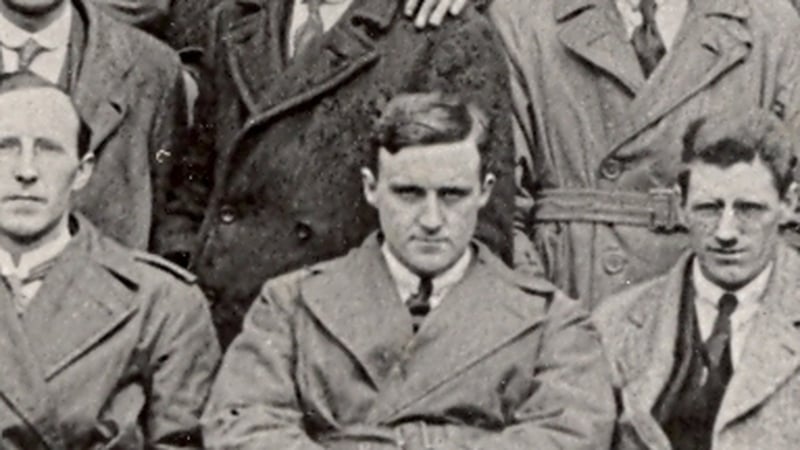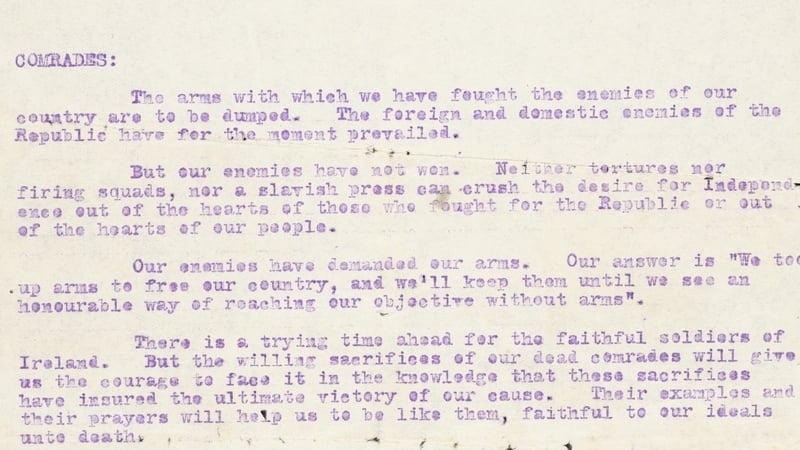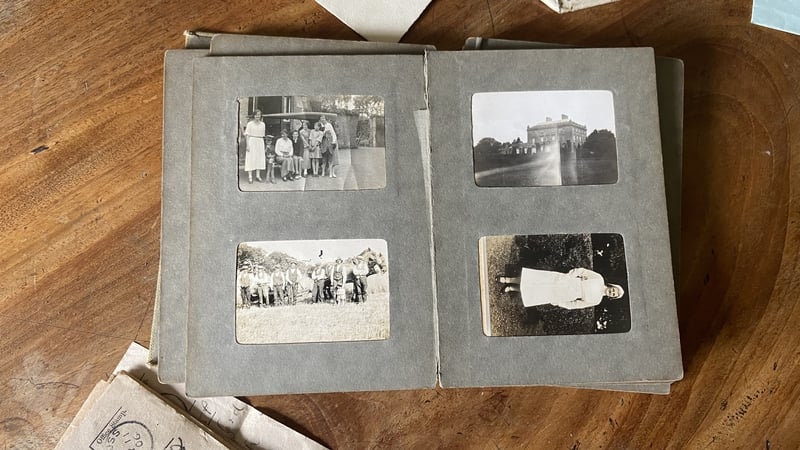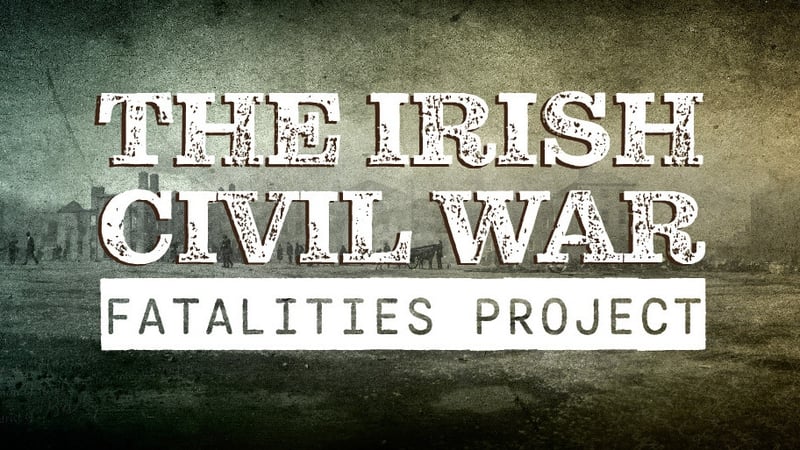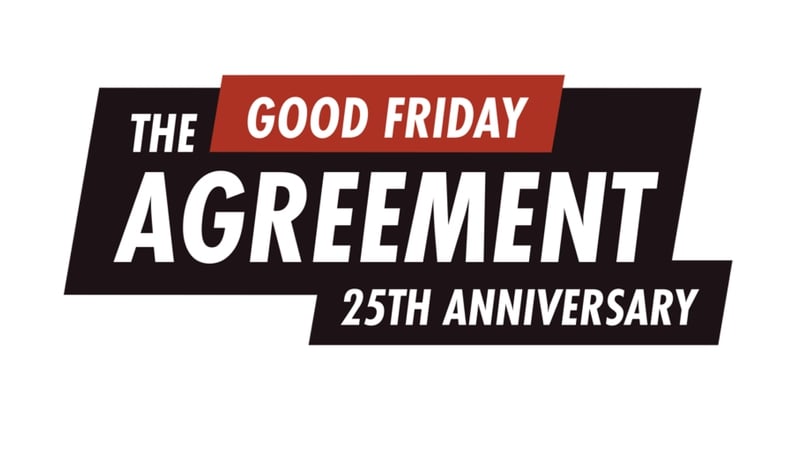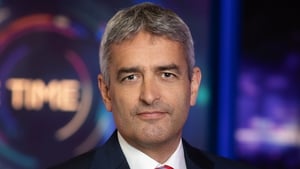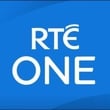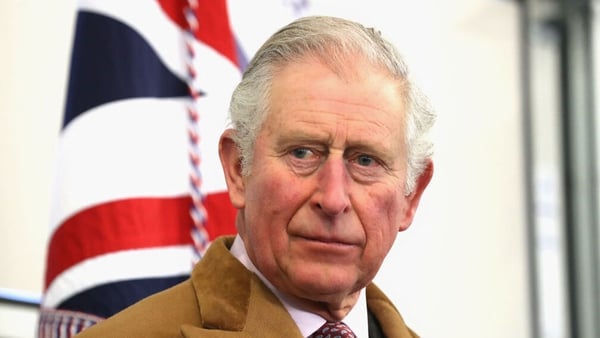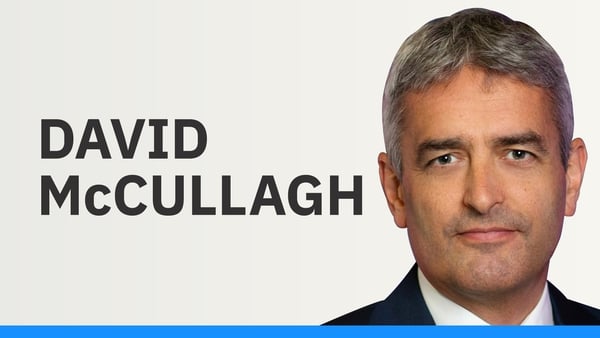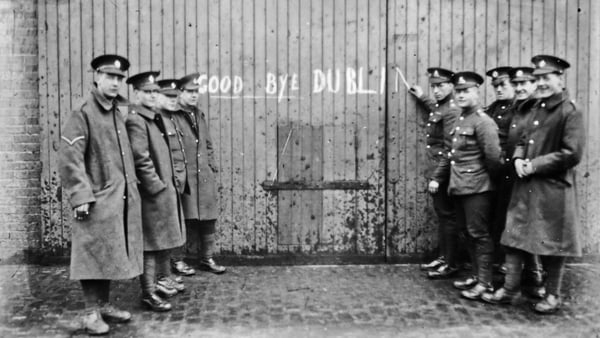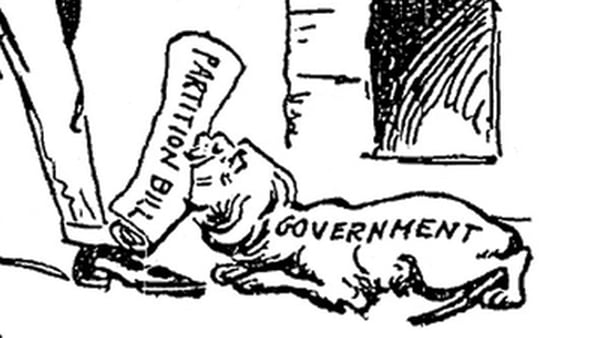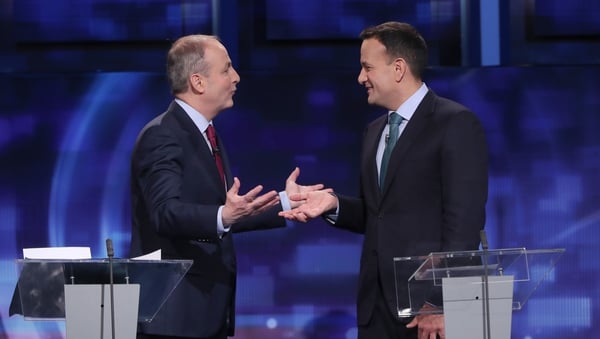David McCullagh, author, historian and presenter of RTÉ Primetime, tells us about RTÉ's unique approach to celebrating the hundred year anniversary of the 1918 Irish election.
In any list of my favourite things, I would include history, and election programmes. For history, reading it or writing it; for election programmes, watching them or taking part in them.
But what if you could put those two things together? What if you could add the excitement of an election programme to the significance of history? What if you could use the style of a 21st Century results show to explore the choices of our great-grandparents?
It’s a great idea, and the idea came from Cormac Hargaden of TV production company Loosehorse. Why can’t we use modern means to tell an old story, in an interesting way that will grab the audience?
As soon as he explained the idea, I was on board.
The thing is, we think we know our history, and we do – up to a point. We know what happened, but we don’t always know why it happened. And we very rarely think about how it must have felt to be there at the time, to be in the middle of history as it unfolded.
So that is the idea of Election ’18 – to try to give a flavour of how it must have felt to be a voter in 1918, casting a ballot and then waiting for the results.
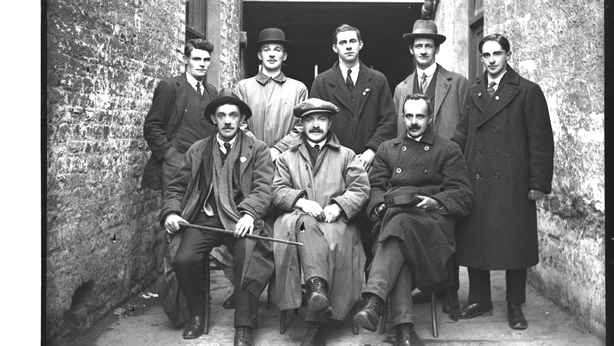
Nowadays, anyone with a passing interest in Irish history has a good idea of those results, but sometimes we don’t fully grasp some of the subtleties. For instance, everyone knows Sinn Féin swept to victory in the 1918 general election – but sometimes we overemphasise just how sweeping the victory was: the party won a thumping majority of seats, with less than 50% of the votes.
Everyone knows that women got the vote in 1918 – but sometimes we forget that not all women got the vote. In fact, it was only those over 30, who owned property or were married to a property-owner, who were entitled to vote.
And everyone knows that Unionists consolidated their position – but sometimes we forget that this position was only solid in an arbitrarily defined part of the island: not the province of Ulster, but a portion of it.
And while Sinn Féin was clearly on the rise before the 1918 election, that rise was not without setbacks – after winning three by-elections in a row in 1917, the new party lost three in a row in early 1918. So while the Irish Parliamentary Party was expected to lose seats, it wasn’t clear to voters just how overwhelming the Sinn Féin tide would turn out to be.
Election ’18 tries to put the viewer in the mind-set of a voter in 1918. We expect certain things, but we don’t know for sure what will happen. We look at the results as they come in and try to project the end result. We consider the meaning of the choice made by voters, and wonder what it will mean for the future.
As my co-presenter Sinéad O’Carroll crunches the numbers, and political scientist Theresa Reidy assesses the trends, we’ll hear from reporters at the scene of the dramatic contests, and I’ll discuss the meaning of it all with panels of historians, journalists, sociologists and political experts.
I don’t think I’ve ever had as much fun on a programme; I hope you like it too.
Election' 18 will be broadcast live from the year 1918 on Friday December 14th at 7pm on RTÉ 1
